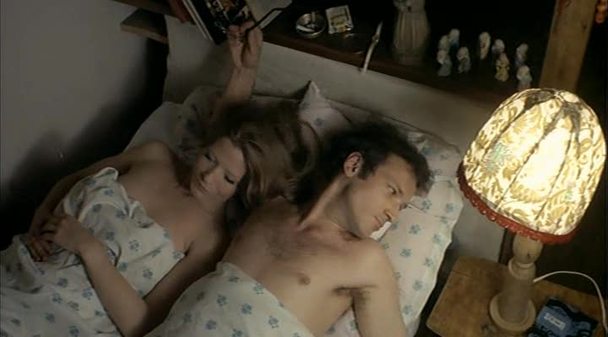 Krzysztof Zanussi's Illumination follows the education of a young man from the beginning of college through his doctorate program in physics. He is a highly intelligent man whose extremely focused on his scientific studies but once he meets a young woman, he begins to find his allocation of time growing ever more complicated. Illumination is a deeply profound film about a highly intelligent man who is in search of a better understanding of life and the human spirit. A man of science he struggles desperately to quantify this force which completely lacks definition. Illumination is a beautifully developed narrative deconstructing a man whose profession and life run parallel to one and other. The film encapsulates the conflict between science and spirituality in such a unique way, never taking sides but rather presenting how these two forces intermingle with one and other. By devoting time to his family and happiness, he finds himself falling way behind in his academic studies but what he learns about life, family, sexuality and spirituality is what truly makes him a complete human being. Towards the end of the film the man finds himself diagnosed with life-threatening heart disease but there are no tears from this man who begins to realize his life has been a complete one, thanks to his personal world outside of academics.
0 Comments
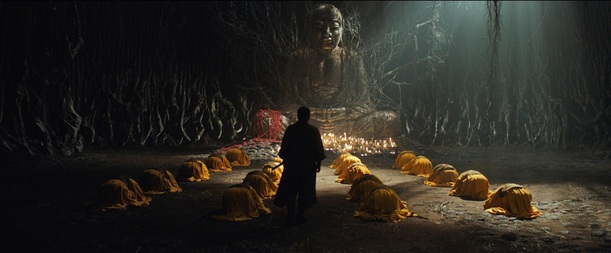 Carl Rinsch's 47 Ronin sets out to tell one of ancient Japan's most legendary tales. Keanu Reeves stars as Kai, a half white/half Japanese man who is a complete outcast among the samurai he serves. After the unjust death of his master, Kai joins Oishi, the leader of the 47 outcast samurai, in order to seek vengeance upon the sinister overlord responsible for their master's death and their banishment. Intent on restoring honor to their homeland, these warriors embark on an epic quest full of mystical creatures, magic, and lots of CGI porn. Carl Rinsch's 47 Ronin is a CGI-infused, stylistic interpretation of an old legend that suffers greatly from the "Lord of the Rings" effect. Instead of telling a more grounded and simplistic interpretation of the tale, 47 Ronin introduces all sorts of mythical monsters, magic, and mayhem in an attempt to give the film a more blockbuster type feel. What I find most interesting about 47 Ronin is that Carl Rinsch and crew seem to respect the material but all the narrative amounts to is a tedious, un-compelling two-hour mope show. The film takes itself very seriously, too much so in fact, which inevitable makes the whole endeavor feel lifeless. If the filmmakers were interested in making a serious film, I'm a little puzzled as to why they cast Keanu Reeves in the role for starters, or why they relied so heavily on computer effects to up the ante instead of the emotional weight of the film. Carl Rinsch's 47 Ronin is a very uninteresting adaption of a legendary tale, being a great case study of Hollywood's obsession towards CGI and superfluous action. 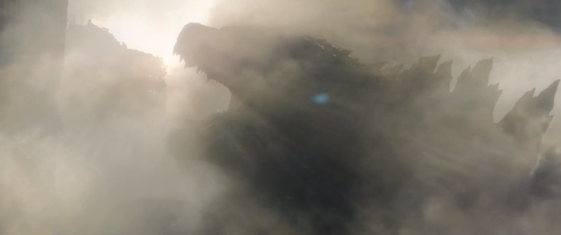 Everyone's favorite reptilian movie monster is back in Gareth Edwards' Godzilla. In this version we follow nuclear physicist Joe Brody who struggles with the death of his wife after a earthquake causes a nuclear accident at the plant they both work. Growing obsessed in the years after the incident, Joe believes the government was covering something up. Joe's son, Ford, believes he is insane, simply destroyed by grief, but he agrees to help his father discover the truth, which leads them coming face to face with Godzilla. Edward's version of Godzilla is much more a throwback to the 60s and 70s horror films where less is more. In the age of social media and instant gratification many are sure to find this film tepid, but it's the slow build up of tension and looming danger that helps Godzilla succeed. The film's action set pieces are artistically realized with Godzilla taking on a mystical, godly form as he seems to disappear and reappear at will among the rubble and dust. The creature design and cinematography have a vérité sensibility, effectively putting the viewer right into the middle of this haunting experience. Thematically, the film is about how little control humanity has in the world around them. Godzilla is a force of nature that is beyond our control and I loved how small and insignificant the armed forces and humanity as a whole felt in this film. Even with all the positives mentioned above, Godzilla was quite a let down because of the terrible human characters, outside of a few. The main narrative revolves around Ford trying to get back to his wife and son but the whole storyline is contrived and superfluous. Elizabeth Olsen is a completely one-dimensional character who is only used as a POV opportunity, being on ground zero of the attack. I simply had trouble caring at all about the human characters and their story of adversity, human courage and reconciliation. Gareth Edwards Godzilla creates a haunting and terrifying world where mankind has little to say about its future but unfortunately the film suffers from cardboard characters who bring little reason to care.  Rintaro and Atsuko are Japanese siblings visiting America for the first time. Their plan is to visit Manzanar, a place where many Japanese were detained by the U.S. government after World War II. On their way, the come across a sleepy, stagnant dust town outside Los Angeles called Littlerock. Outsiders at first, Atsuko takes a liking to the directionless youth of the town, opting to stay longer than originally planned. Mike Ott's Littlerock is an evocative drama exploring how a person's life is somewhat shaped by their past. Littlerock is a slow paced experience that could be described as observational filmmaking. It's essentially a "fish out of water story" but what makes it so rich is that it doesn't merely show the perspective of Atsuko but also the local Littlerock residents as they attempt to relate to this Japanese woman. My favorite aspect of the film though revolves around the relationship which forms between Atsuko and Corey, a kind, lonely twenty-something who takes care of her. The relationship between Corey and Atsuko is what really shapes the central theme of the film, effectively capturing the cruel reality of cultural miscommunication that can lead to unnecessary and unwanted strife. Atsuko and Corey are never really able to communicate and understand each other fully, due to Atsuko not speaking English, which develops into a beautiful bittersweet love story. Mike Ott's Littlerock is mildly engaging and breezy, offering a genuine slice of life in a small town from an outsider's point of view. 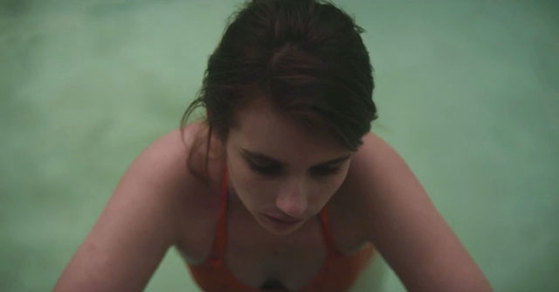 April is a shy, sensitive high school student who plays soccer and frequently babysits her single-dad coach, Mr. B's son. Teddy, another high school student, is an introspective type whose best friend Fred is a wild, unpredictable delinquent. While April begins a dangerous affair with Mr. B, Teddy finds himself in trouble with the law after a DUI, forcing him into community service. Teddy secretly likes April a lot, who may or may not reciprocate the affection he himself hasn't quite figured out how to express it. Gia Coppola's Palo Alto is a high school ensemble that effectively captures the youthful fumblings that come with finding oneself. We see how these young characters are desperate to break-free of their parental confines, feeling trapped in a world where they most learn about a lot of new things on their own. That being said, one could make an argument that Palo Alto is an indictment on parental figures, with nearly every single one in this film being despondent to their children. There is an abundance of characters in Palo Alto, all of which are explored, but in the end I believe this actually hurts the film in the long run, leading to a few dramatic sequences that didn't produce the emotional resonance intended. Fred would be the best example of this, a character who personifies unpredictability but is never given the necessary scenes to truly make us feel deeply for his character at the end. Palo Alto is a film that feels a little overly dramatic, almost exaggerated at times, wanting to touch on every type of situation that youth can face during their coming of age years. To be fair, maybe I am merely out of touch and these things happen all the time now in high school, but I found this desire to give everyone a dramatic storyline ultimately hurting the main narrative story of April and Teddy, the two most interesting characters. Palo Alto is a film of many beautiful moments that truly captures the American high school experience but its intent to consistently add drama onto drama ends up making the film feel a little light on substance. 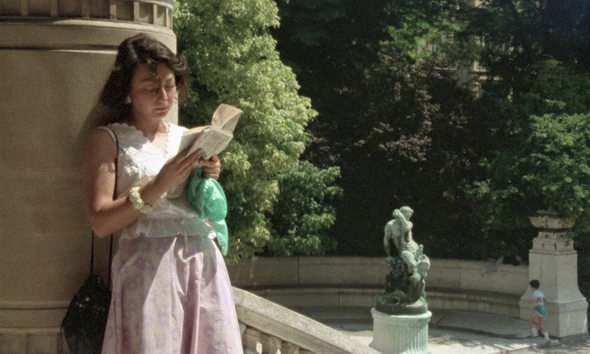 Delphine, a young Parisian woman, has just learned that her best friend cannot join her on their planned vacation together because of her new boyfriend. This news leaves Delphine hearbroken, fearing that she is destined to spend the summer alone. Unwilling to lose all hope, Delphine tries a number of alternatives to her planned vacation, such as tagging along on one of her friend's family retreats. Delphine struggles to find a place where she can feel free, even becoming desperate enough to attempt staying at her ex-fiance's ski resort home. Eric Rohmer's The Green Ray is one of the most impressive films I've ever seen to deal with romantic yearning. The Green Ray is a narrative that has been segmented in vignettes, each one being a day in the life of Delphine. Through the various days of summer, Rohmer has crafted a film that gives the viewer a genuine and honest viewpoint into this character's world. As the film progresses, we begin to realize that Delphine is still haunted by the ending of her longtime relationship that has left her unwanted and hopeless. Delphine is a highly intelligent, introverted woman whose insecurities often set her back when it comes to meeting someone new. Her viewpoint is one of romantic idealism, where her uncompromising view on her ideal mate leaves her lonely. She is a character that encapsulates romantic yearning, showing how one's desire to control and define their perfect match can only lead to internal struggle with one's self. Willowy Riviere plays Delphine perfectly, capturing a strong-minded woman whose fear of loneliness has exposed her fragility.. Eric Rohmer's The Green Ray is yet another impressive film by the master filmmaking that captures a part of humanity in such a genuine and beautiful way. 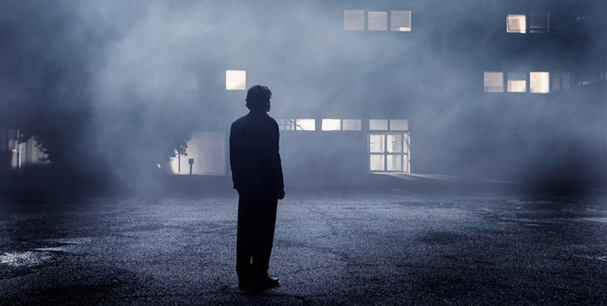 Loosely based off a Dostoevsky novel, Richard Ayoade's The Double tells the story of Simon, a timid financial analyst, who lives in a bleak, dystopian future where he goes completely unnoticed by everyone around him including his boss, his mother, and the girl of his dreams. One day James appears, an exact double of Simon physically but far better at everything in life, being confident, assertive and charming. At first Simon and James get along but soon after Simon begins to see his own life fall even further apart with James taking his job and his girl. Richard Ayoade's The Double is a beautifully-realized oddity that is sure to make fan's of Gilliam and Lynch giddy. Using a dark, sepia-toned palette, expressionistic lighting, and impressive sound design, Ayoade has crafted a unique dystopia world that is stylized and engaging. The film has many influences from Welles' The Trial to Gilliam's Brazil, bringing nothing particularly new to the table, yet Ayoade's darkly comic energy that he injects throughout the film is what makes it all worth seeing. The Double is an interesting watch full of fragmented ideas but unfortunately it doesn't seem to have much to say, drowning in a sea of style. It seems to be a commentary on our ever-growing reliance on technology and the dehumanizing effect it has, but it never fully succeeds at getting its point across, almost content on being enigmatic and directionless. The Double is yet another film by Richard Ayoade that can't quite hold up to its ambition, though given Ayoade's unique vision, I firmly believe it's only a matter of time until he hits one out of the park. 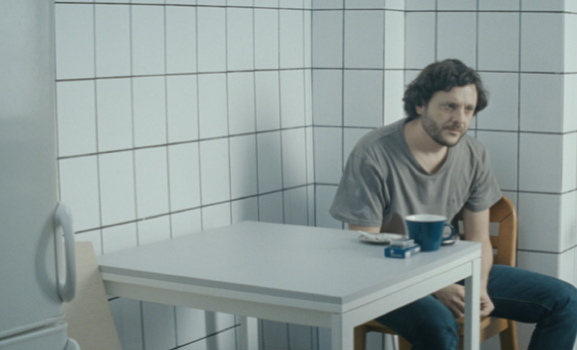 A film consisting of merely 17 shots, mostly of conversations, and filmed almost entirely with a static frame, Corneliu Porumboiu's When Evening Falls on Bucharest or Metabolism is a oblique, challenging examination of cinema and life. The film is centered around Paul, a brilliant, egotistical film director and his leading actress. Porumboiu isn't interested in their relationship on set, but rather the time they spend together off-set, where they rehearse together, dine together, etc. When Evening Falls on Bucharest or Metabolism is a film in which I struggled at times to understand its meaning. This is a film about the power of the banal, the insignificant occurrences and interactions that seem trivial but ultimately form our lives and allow it to continue. It's an examination of how form dictates content. Paul and his main actress spend lots of time together, with Porumboiu focusing on the smaller moments which many would deem mundane or insignificant. We see the small, typically insignificant moments instead of the end product, being the film they are making together. This reinforces Porumboiu's notion that these insignificant moments of syntax or language may not be insignificant at all, suggesting that communication isn't as clear cut as many determine it to be. The film's opening scene is another instance of how Porumboiu comments on form, where these two main characters discuss the strengths and weaknesses of digital vs. film. The director talks about the limitlessness of digital filmmaking, arguing that it creates an entire new way of filmmaking when it comes to approach. I believe that with When Evening Falls On Bucharest or Metabolism, Porumboiu has created a study of syntax and language, specifically using the construction of cinema through these two main protagonists as a way to approach the discussion.  Mac and Kelly Radner are a young, newlywed couple who've just moved into a quiet neighborhood. Attempting to manage parenthood, the couple couldn't be happier with their new surroundings until a fraternity moves into the house next door. At first things seem to be working out, with Teddy, the president of the fraternity, quickly embracing friendship with Kelly and Mac after they introduce themselves. After night after night of loud parties, Mac reaches his breaking point, calling the cops to make a formal noise complaint which inevitably kick starts a war between family and frat. Nicholas Stoller's Neighbors is a comedy that amuses with its unique and entertaining concept but unfortunately the laughs aren't plentiful enough to make this comedy special. Zac Efron and Seth Rogan are both perfectly cast in their respective roles as the generic Frat boy and the young parent who still wants to be considered cool. The two actors play off each other well, being complete opposites both physically and mentally. That being said, it's Rose Byrne's performance as Kelly Radner who practically steals the entire film, showing a great understanding of comedic timing as she mischievously plots against the fraternity. Neighbors is a film that seems to set its sights on the typical Apatow formula, having tons of juvenile humor, but it never reaches the dramatic resonance it seems to aim for in its deconstruction of growing up. There is no denying that Neighbors is a fun time but given the Rogen/Goldberg track record as of late, I couldn't help but feel disappointed by their latest effort. 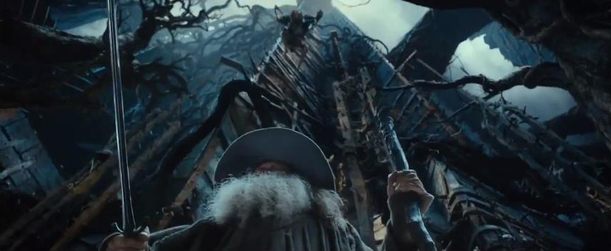 After successfully crossing the Misty Mountains, Thorin, Bilbo and the group of lovable Dwarfs head towards Mirkwood Forest, with Orc forces still in hot pursuit. With Gandalf elsewhere, the Dwarves reach the human settlement, Lake-Town, near the Lonely Moutain, where Bilbo Baggins will fulfill his part of the mission. Bilbo has finally made it to the point in this story where his burglar skills will come in handy, unfortunately for him, it entails stealing from the powerful dragon Smaug. Peter Jackson's The Hobbit: The Desolation of Smaug is the latest overstuffed, overlong segment in the trilogy of 2 1/2 hour movies based off of one 300 page book. This is an epic film where nothing happens, with no emotional resonance to speak of. The leading characters are by and large colorless and uninteresting but what is probably even more annoying is the large amount of superfluous scenes that do little to drive the thin plot forward. I found myself bored and uninterested for much of the film's running time until Smaug is introduced. The creature design and set pieces developed around Smaug are impressive and riveting, delivering some of the few scenes of the movie that actually brought me back to the quality book. Peter Jackson's The Hobbit: The Desolation of Smaug is a surprisingly lifeless film for much of its running time, relying on flashing computer effects to invigorate the audience. The host of characters throughout are by and large uninteresting, with the film only truly coming to life when Smaug makes himself present, which is unfortunately too little too late. |
AuthorLove of all things cinema brought me here. Archives
June 2023
|
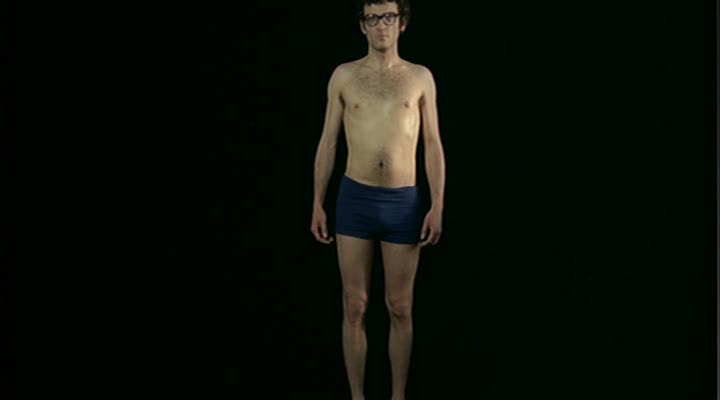
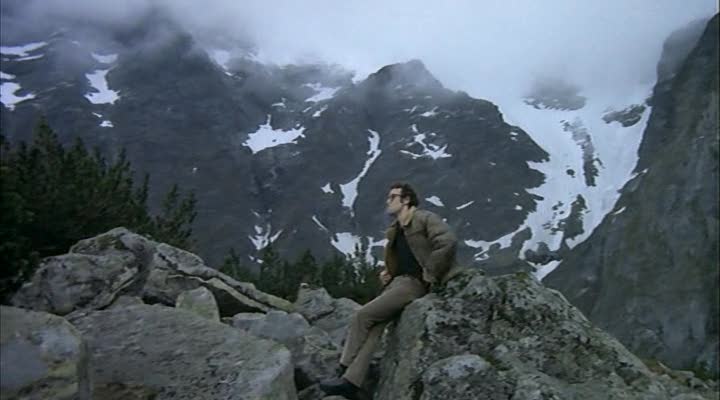
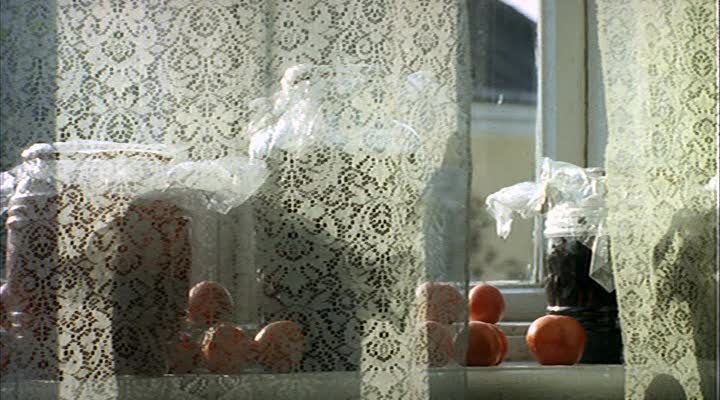
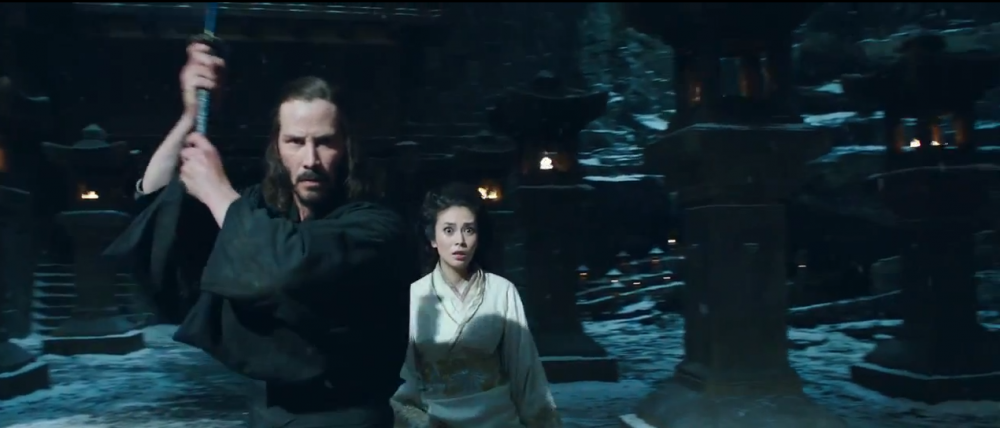
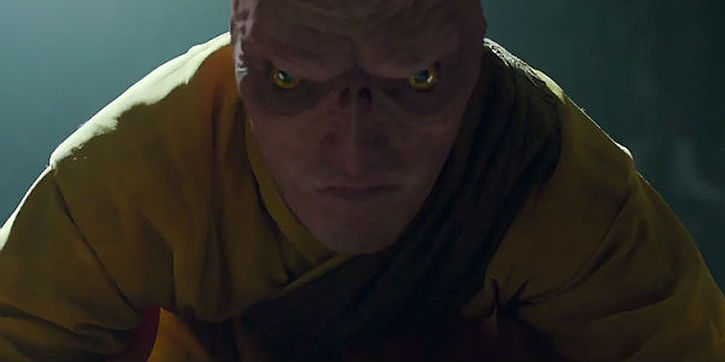
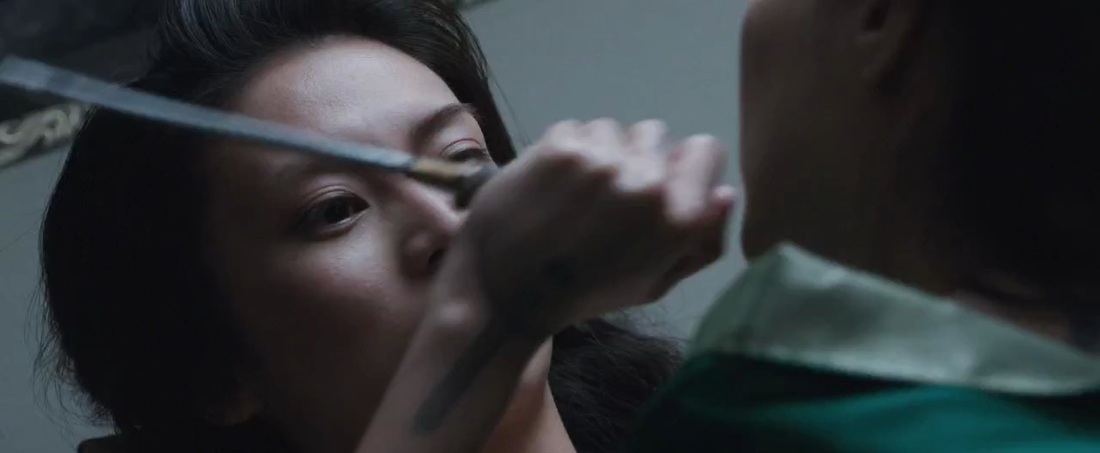
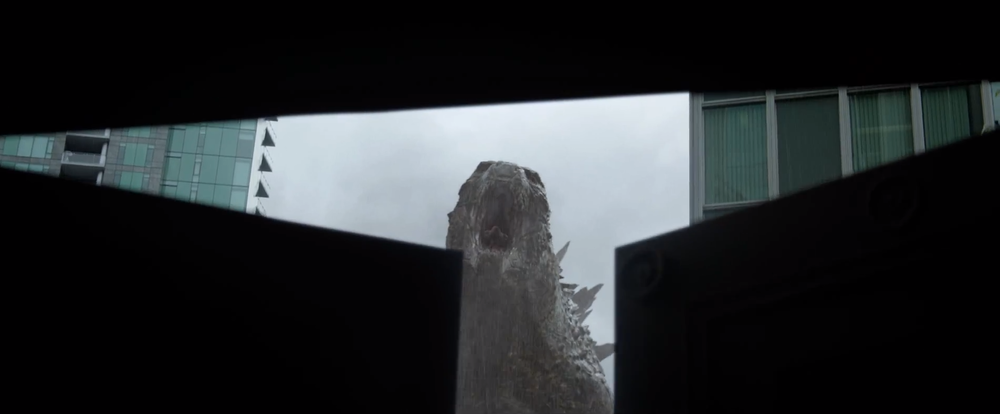
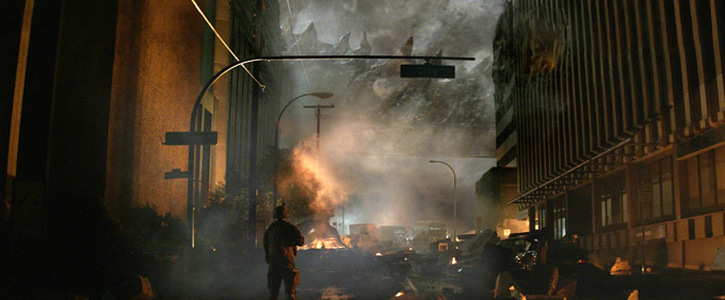
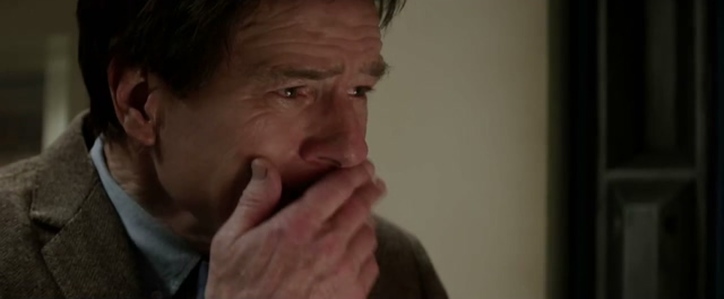
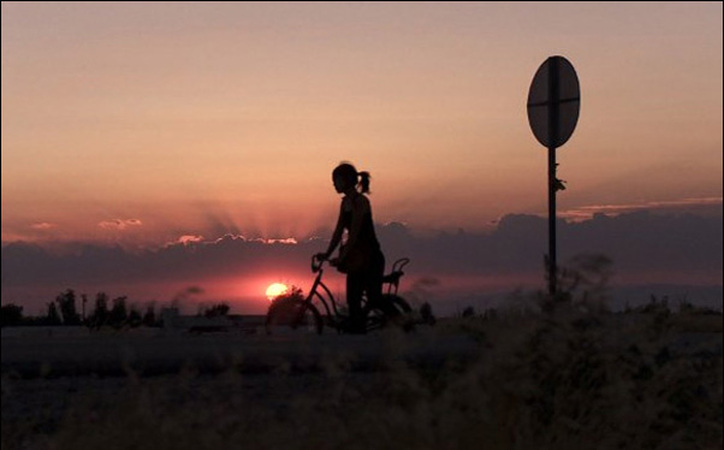
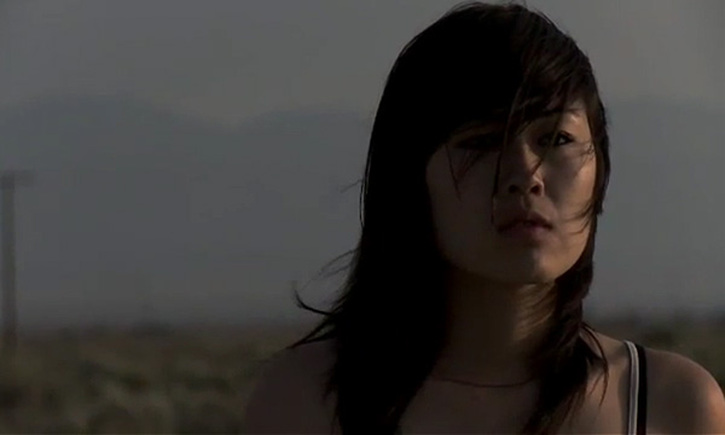

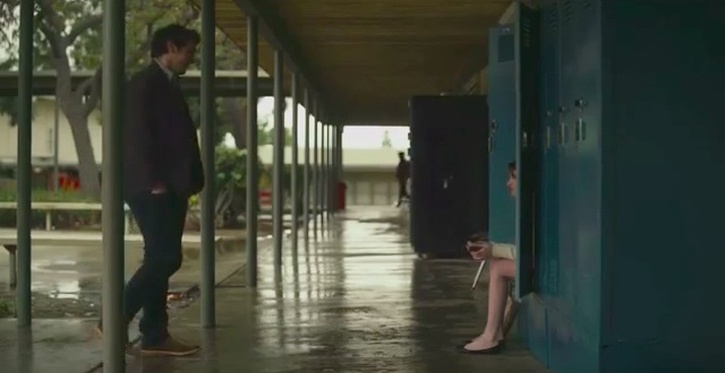
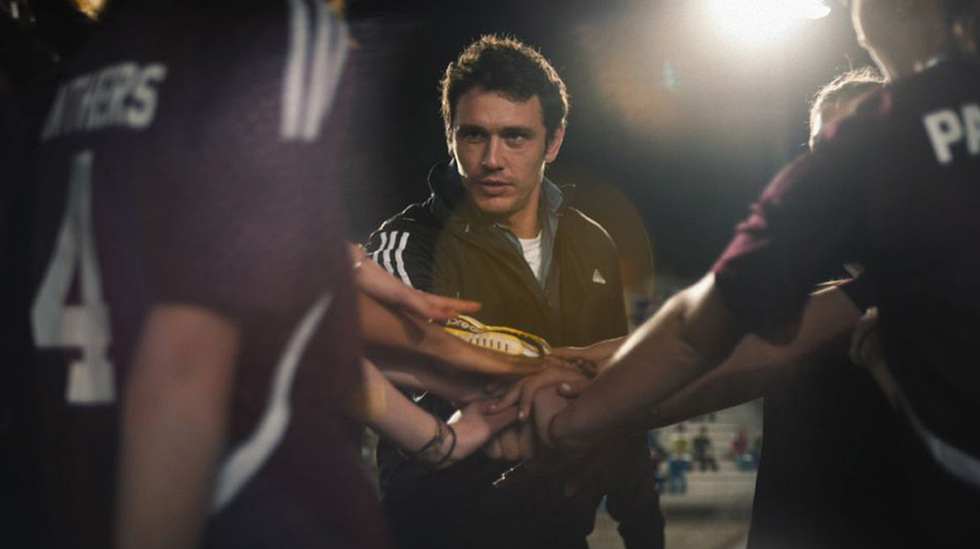
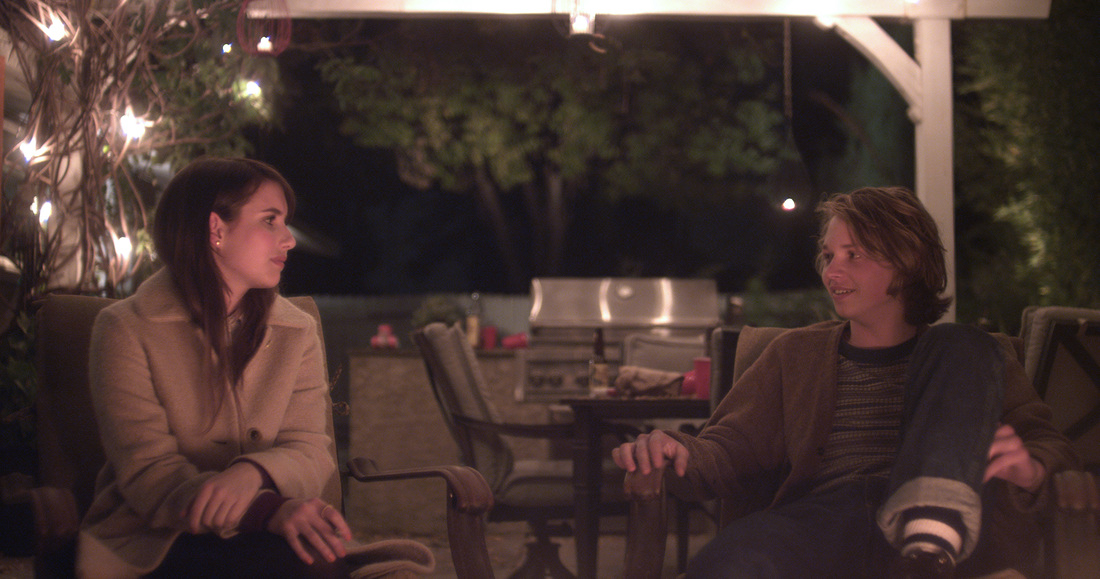
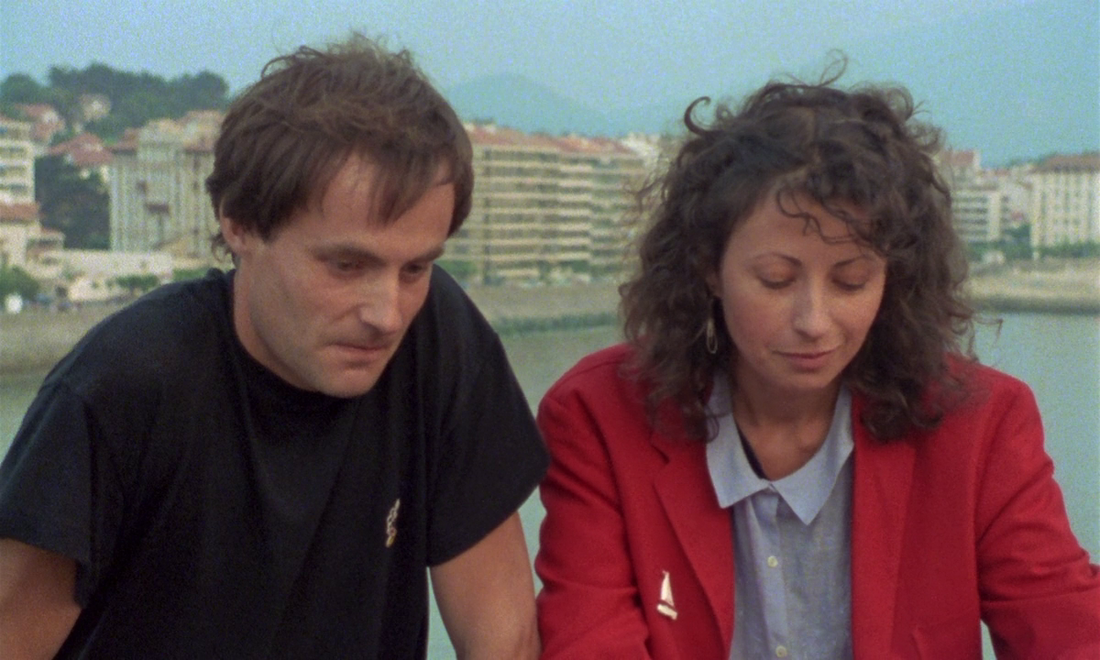
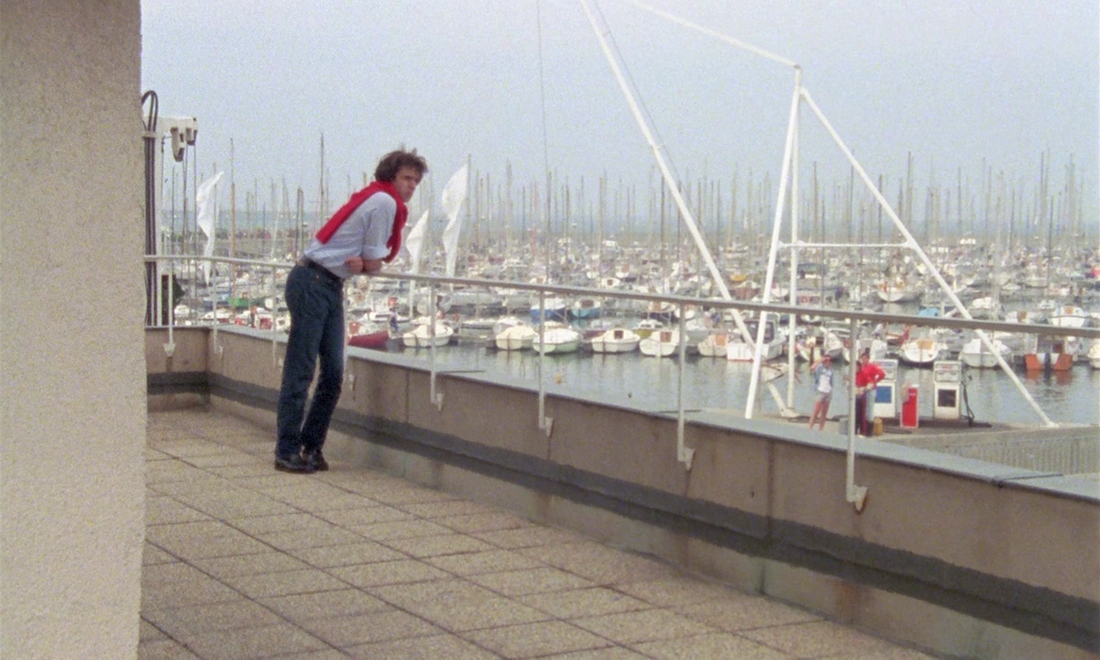
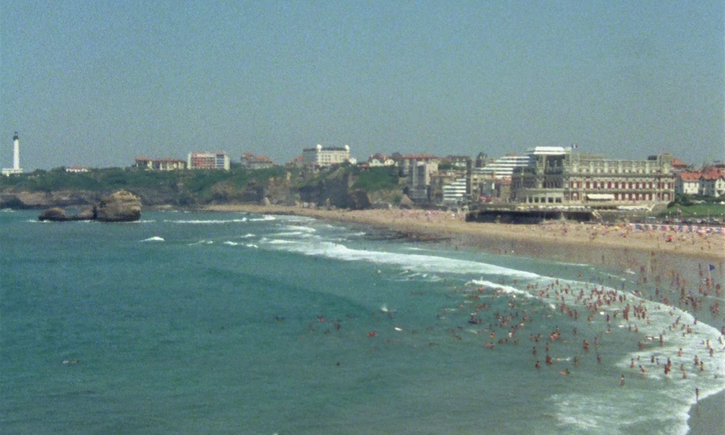
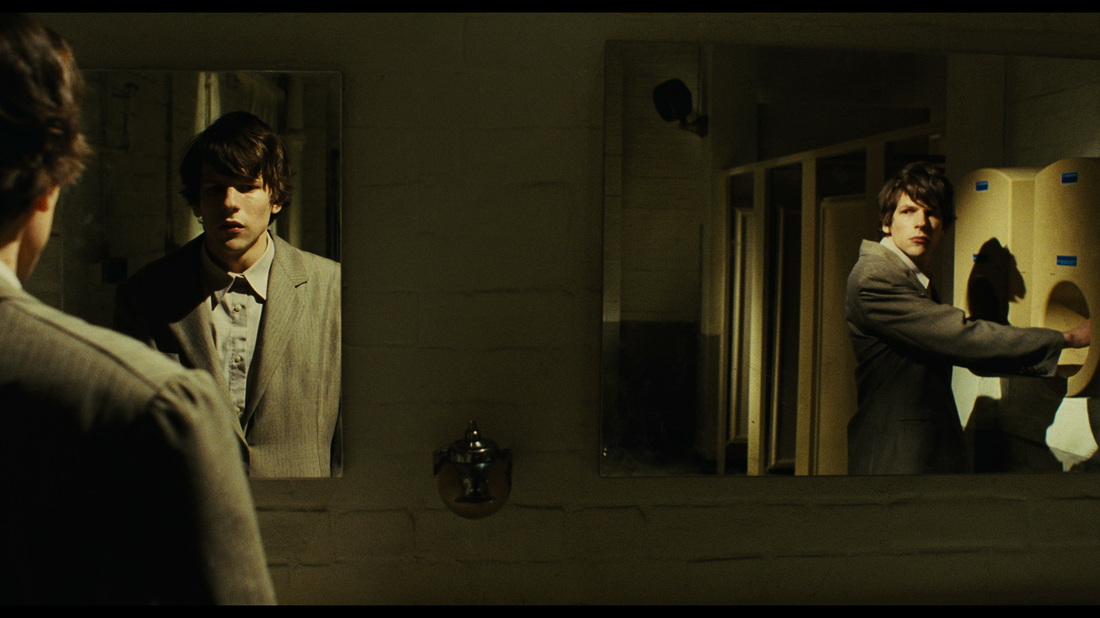
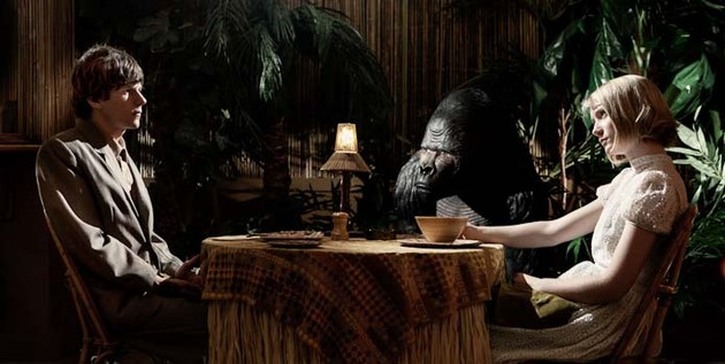
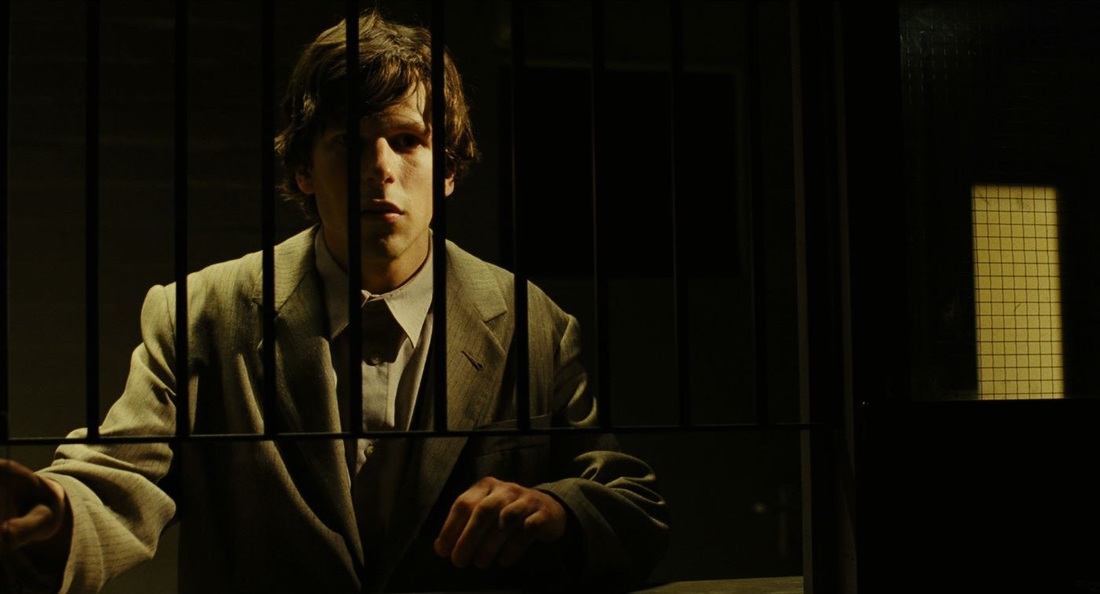
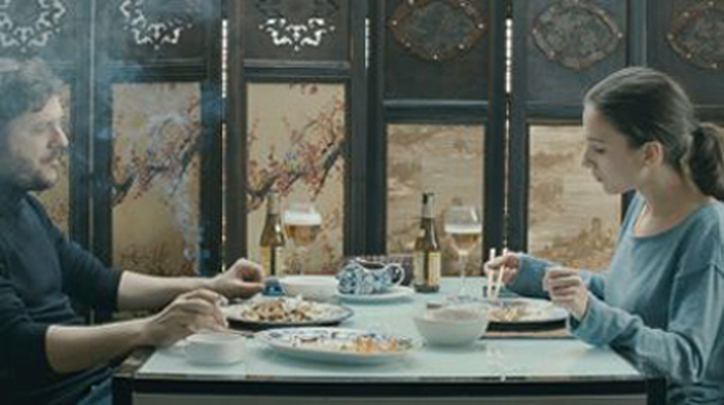
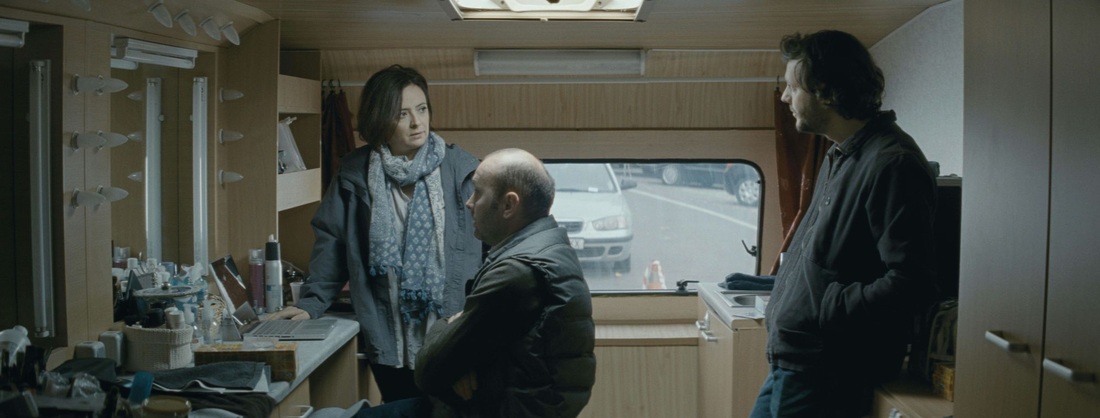


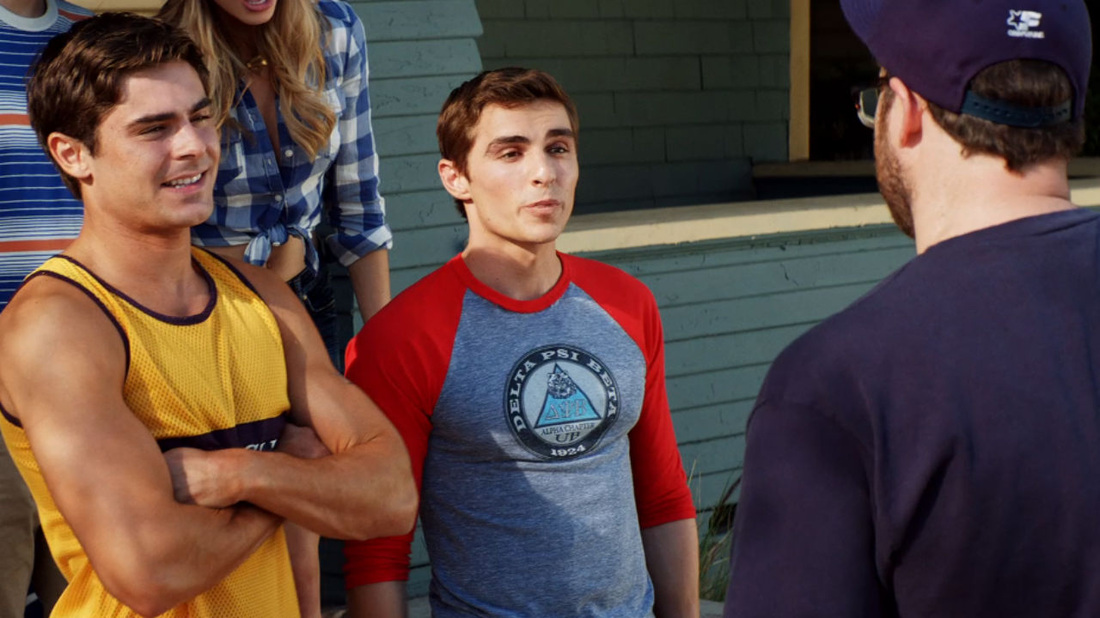
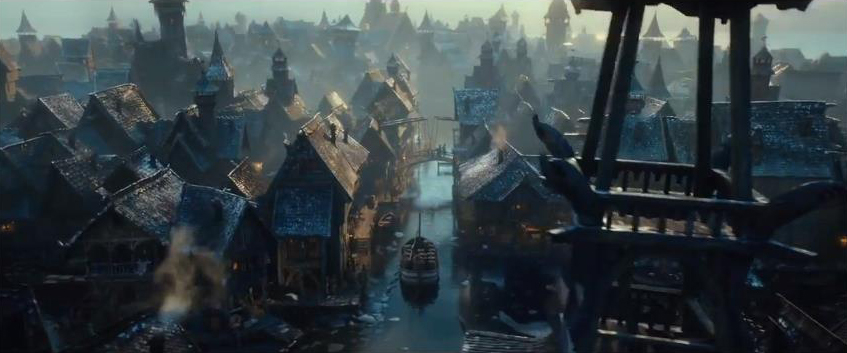
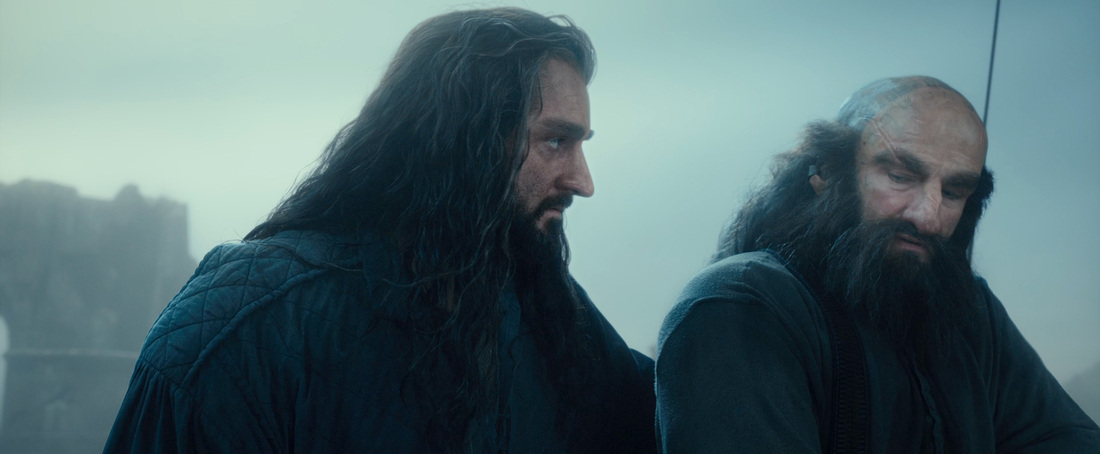
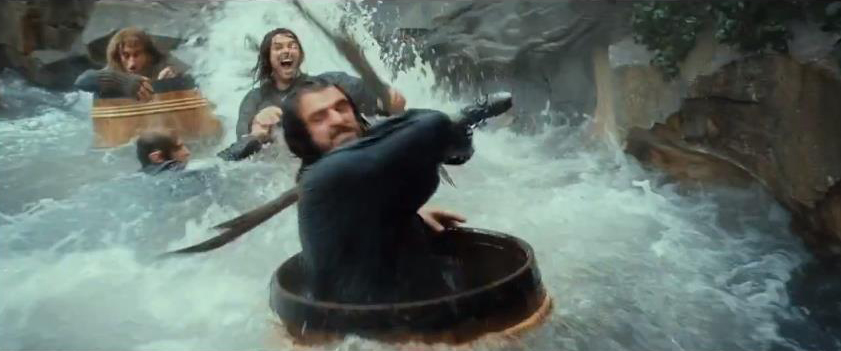
 RSS Feed
RSS Feed
